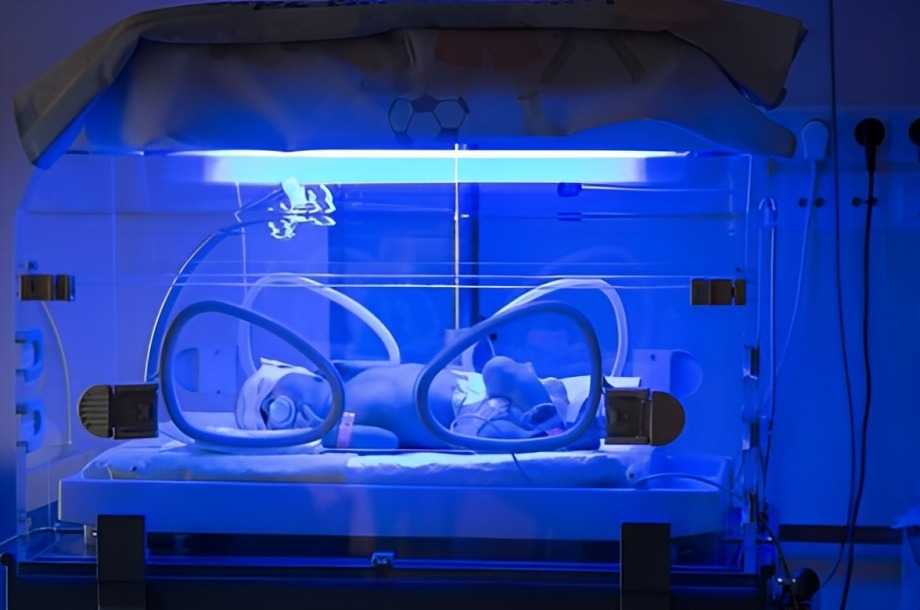Neonatal jaundice is a common condition that affects many newborns, and it can be a cause for concern for parents. This blog will take a closer look at neonatal jaundice, including its causes, symptoms, and treatment options.
What is Neonatal Jaundice?
Neonatal jaundice is a condition that occurs when a newborn’s skin and the whites of the eyes turn yellow. This is caused by an accumulation of bilirubin, a yellow pigment produced when the body breaks down red blood cells.
Causes of Neonatal Jaundice
There are several causes of neonatal jaundice, including:
- Immature liver function: Newborns have an immature liver that is unable to efficiently process bilirubin, leading to jaundice.
- Blood type incompatibility: If the mother and baby have different blood types, the baby’s immune system may attack and destroy red blood cells, leading to jaundice.
- Hemolysis: Hemolysis is the destruction of red blood cells, which can increase bilirubin levels and jaundice.

Symptoms of Neonatal Jaundice
The symptoms of neonatal jaundice can include yellowing of the skin and whites of the eyes, dark urine, and pale stools. In some cases, the baby may also be irritable, have a poor appetite, and sleep less.
Treatment Options for Neonatal Jaundice
In many cases, neonatal jaundice will resolve on its own as the baby’s liver becomes more mature and able to process bilirubin efficiently. However, in some cases, treatment may be necessary, including:
- Phototherapy: This is a type of treatment that involves exposing the baby to special lights that help break down bilirubin.
- Exchange transfusion: This is a procedure where the baby’s blood is removed and replaced with fresh blood to help reduce the level of bilirubin.
It’s important to note that neonatal jaundice can be a sign of a more serious underlying condition, such as a blood disorder or infection. If you are concerned about your baby’s jaundice, it’s important to seek medical attention right away.
In conclusion, neonatal jaundice is a common condition that affects many newborns. By understanding its causes, symptoms, and treatment options, parents can feel better equipped to manage this condition and ensure the best outcome for their baby. If you are concerned about your baby’s jaundice, it’s important to seek medical attention right away.
In Telangana and Hyderabad, neonatal care has made significant progress in recent years. There are numerous well-equipped neonatal intensive care units (NICUs) and many Multispeciality hospitals have a Level 3 NICU, like the newly launched one at Wellness Hospitals, that provide round-the-clock care for neonates with serious medical conditions, including jaundice.

